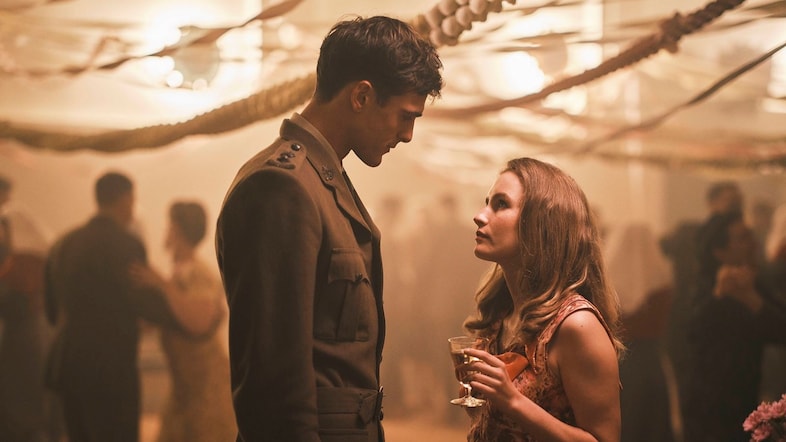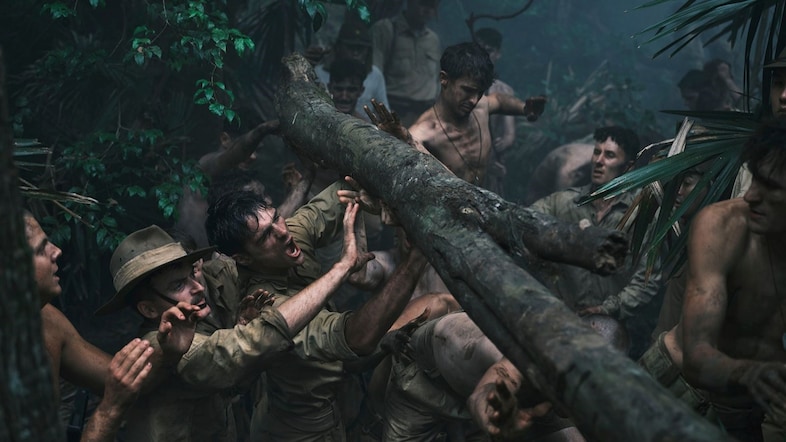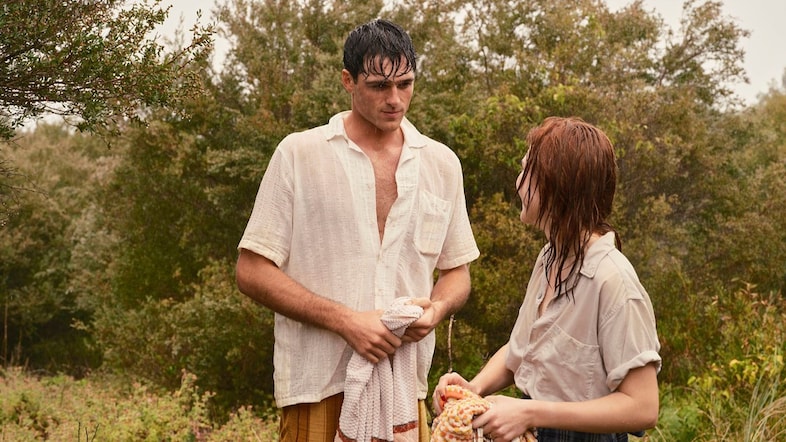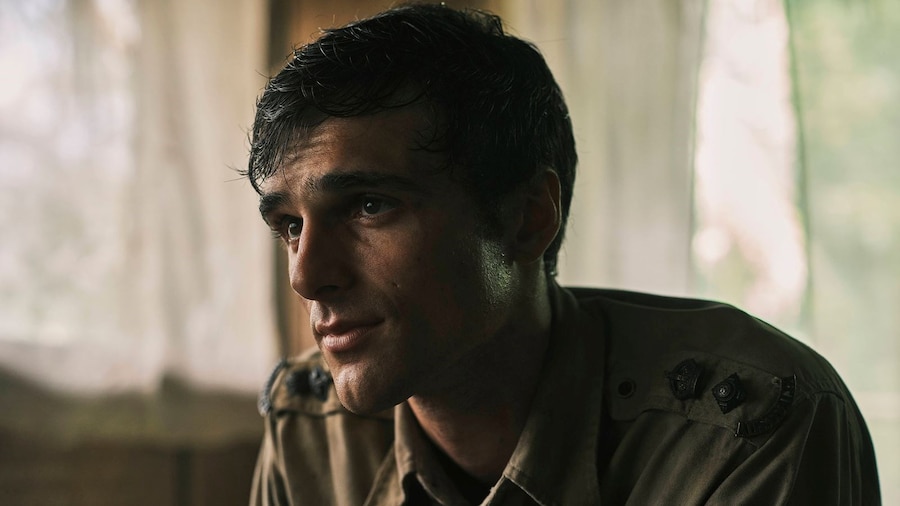Director Justin Kurzel talks about The Narrow Road to the Deep North, his searing Second World War TV drama starring Jacob Elordi
Justin Kurzel’s impressive body of work interrogates the violence baked into the Australian settler story, alighting on dark chapters in the country’s past from outlaw times (True History of the Ned Kelly Gang) to modern-day horrors like the Snowtown murders (Snowtown) and the Port Arthur massacre (Nitram).
His new series, The Narrow Road to the Deep North, draws on Richard Flanagan’s Booker-winning novel and is an at-times unbearably grim account of the construction of the Burmese death railway – built by Australian prisoners of war during the WWII. But it’s also one of the year’s most wrenching love stories, told with great feeling and precision across interweaving timelines by Kurzel, here working with regular screenwriter Shaun Grant and actors Jacob Elordi and Odessa Young.

Dorrigo (Elordi) is a trainee doctor of humble beginnings engaged to Melbourne society girl Ella (Olivia DeJonge). He pursues a brief but passionate affair with Amy (Odessa Young), a barmaid at a backwater pub owned by her much-older husband (Simon Mulvaney), who is also Dorrigo’s uncle. After enlisting in the army as a medical officer, Dorrigo is captured at the Battle of Java and taken to a Burmese work camp under the command of the Japanese imperial army, where his men are used as slave labour for the railway.
Here, suffering from disease and starvation, Dorrigo is haunted by the memory of his affair with Amy, as he tries desperately to keep his men alive. Flash-forward to the present, and Dorrigo is now a celebrated war veteran (Ciaràn Hinds) who scorns his celebrity and remains coldly unfaithful to Ella, the ghosts of his past refusing to stay quiet.
“There was something about Richard’s book with regards to the lens [he was using],” says Kurzel, who remembers his own grandad – a veteran of the Siege of Tobruk – roaming round the house “like a ghost” when he was a child. “The relationship this man has through this summer of love is really transient – it’s only five or six weeks, [but] suddenly Amy becomes so much more in this camp. The memory is almost bigger than the reality of it. I thought that was such a unique perspective for a war story, especially one where your lead protagonist is enduring these unimaginable horrors.”

Flanagan asked Kurzel about adapting his novel years ago, but the project stalled until Elordi, a fan of the director’s since watching Snowtown at an indecently young age, came on board and Amazon was persuaded to part with its cash. (The show is airing via the BBC in the UK.) “There’s something very cinematic about Jacob,” says Kurzel. “There had to be an effortless engagement with that character, because he’s not [someone who is] talking non-stop. Dorrigo has a quiet charisma, a grace and a kind of dignity and Jacob definitely has that, along with a kind of timelessness.”
Like his brothers-in-arms in the show, Elordi underwent a six-week bootcamp to lose weight for scenes where the men are close to starvation. The transformation on screen is stark, though the process was not what you might think, says Kurzel: “I think the days when actors just kind of went off and ate one sardine for two weeks are gone. We had a nutritionist but we also had a trainer, because the thing is these men were doing enormous amounts of labour and were incredibly muscular, despite having no fat on them. It wasn’t just about sitting there and wasting away.”
As for the violence in the story, which reaches a shocking climax in episode four, Kurzel is phlegmatic. “You try to tell the violence through the point of view of the men and what they are seeing,” he offers. “It’s tricky, that sort of balance. But I don’t think we even touched the actuality of it, the real horror of it. I think we brought to the screen some moments that are hard, but they were probably just the tip of the iceberg of what these guys actually went through.”

Perhaps the real triumph of the series, though, is its instinctive blurring of past and present, an element that Flanagan requested specifically be retained from the novel. “It did become a bit of a jigsaw puzzle for a while,” says Kurzel. “But actually we found in the edit that it wasn’t as disorientating as I thought it would be; it was connecting [in a way] that offered us the opportunity to play a bit more across all of the episodes. There was something about how those memories sat next to each other and sort of spoke to each other that felt really human and real and beautiful. It’s different from wallowing in something.”
Those experiences, the beauty and the bloodshed, continue to shape Dorrigo through his ordeal in the camp and beyond, well into his twilight years. “I’m interested in the legacy of violence, I think – in how it lives in people and how they live with it,” says Kurzel, musing on a lifelong theme. Ultimately, he adds, he hoped to make a show that explored “how love and hate and beauty and horror can live next to each other”. Relentless and moving, The Narrow Road to the Deep North does just that.
The Narrow Road to the North airs on Sundays on BBC One and is on iPlayer now.
